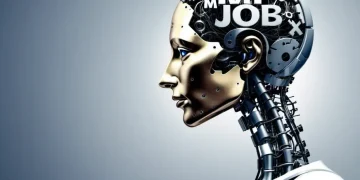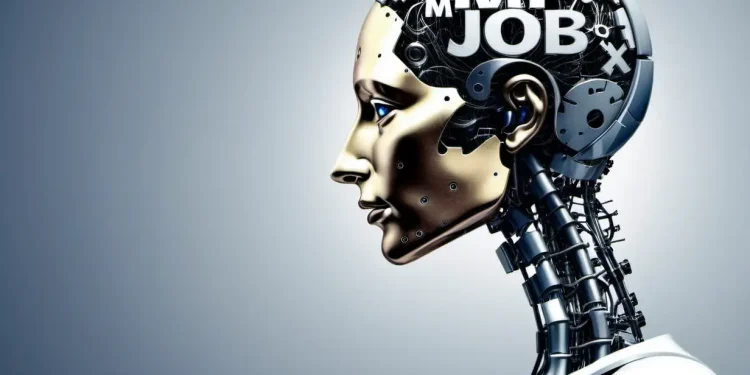introduction
Artificial Intelligence (AI) is rapidly transforming the global job market, reshaping how businesses operate and the skills workers need. Here’s a clear look at AI’s impact on employment in 2025:
1. Automation of Routine Tasks
- AI-powered automation is handling repetitive, manual tasks in industries like manufacturing, finance, and customer service.
- Jobs involving data entry, basic analysis, and routine decision-making are increasingly automated.
- This shift allows human workers to focus on more complex, creative, and strategic roles.
2. Creation of New Job Roles
- AI has created demand for new roles such as AI specialists, data scientists, machine learning engineers, and AI ethics experts.
- There’s also a growing need for AI trainers and explainers who help non-technical users understand AI outputs.
3. Changing Skill Requirements
- Soft skills like creativity, critical thinking, and emotional intelligence are becoming more valuable as AI handles technical tasks.
- Continuous learning and upskilling in AI-related tools and technologies are essential for staying relevant.
4. Impact on Different Sectors
- Healthcare: AI assists in diagnostics and patient care, augmenting doctors rather than replacing them.
- Finance: Automated trading and fraud detection streamline processes, but human oversight remains crucial.
- Manufacturing: Robots and AI streamline production but also require skilled operators and maintenance teams.
- Customer Service: Chatbots handle first-line queries; humans tackle complex issues.
5. Gig Economy and Remote Work
- AI-driven platforms match freelancers and gig workers with jobs more efficiently.
- Remote work has been facilitated by AI tools that improve collaboration and productivity.
6. Challenges and Concerns
- Job Displacement: Some low-skill jobs risk elimination, leading to concerns about unemployment and income inequality.
- Ethical Issues: AI bias and privacy concerns affect trust and adoption.
- Policy Needs: Governments are exploring regulations, retraining programs, and social safety nets.
Conclusion
AI is disrupting the job market by automating routine work, creating new opportunities, and changing skill demands. To thrive in this evolving landscape, workers must embrace lifelong learning and adaptability. For businesses and policymakers, the focus should be on balancing innovation with inclusive growth.

































































